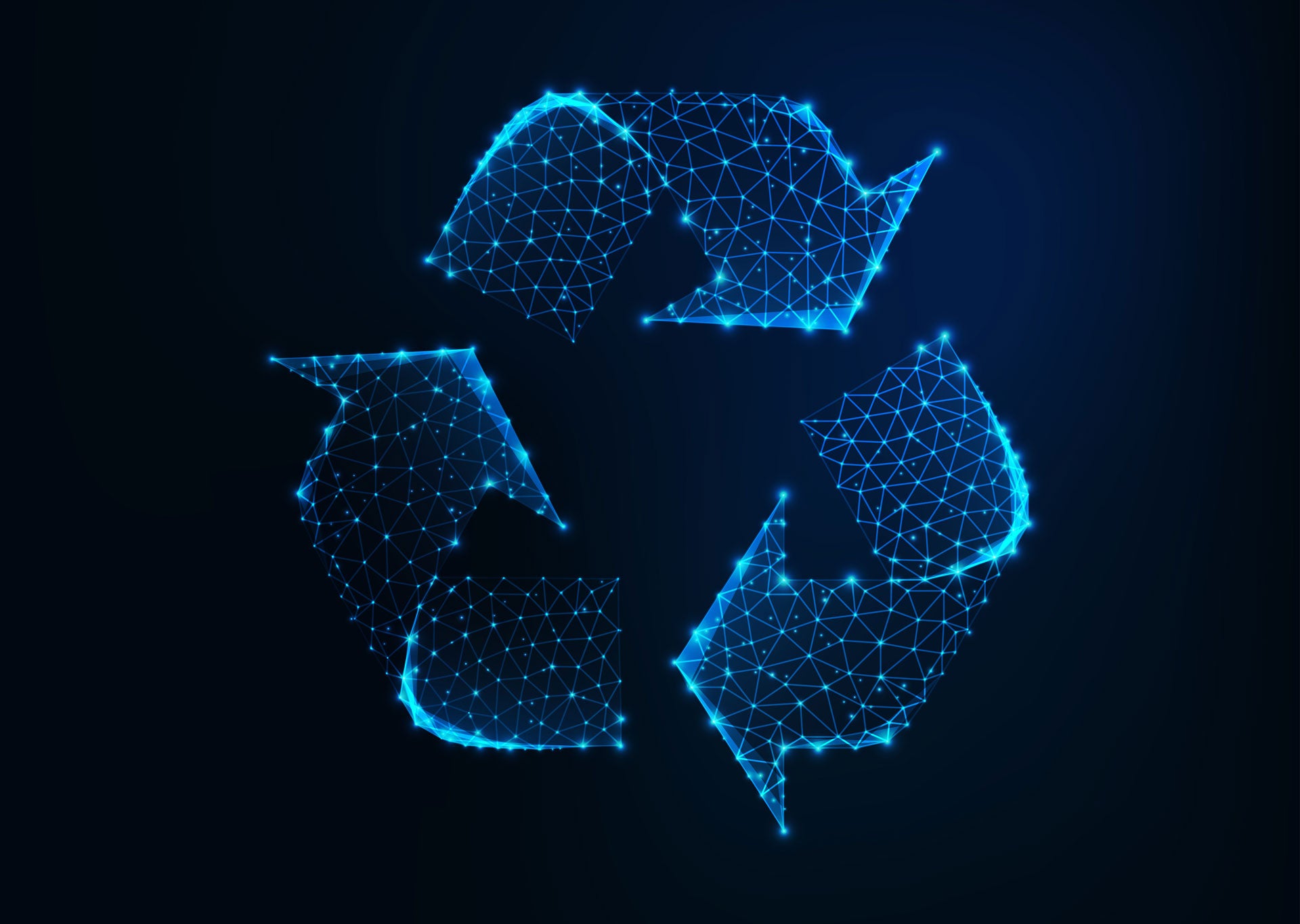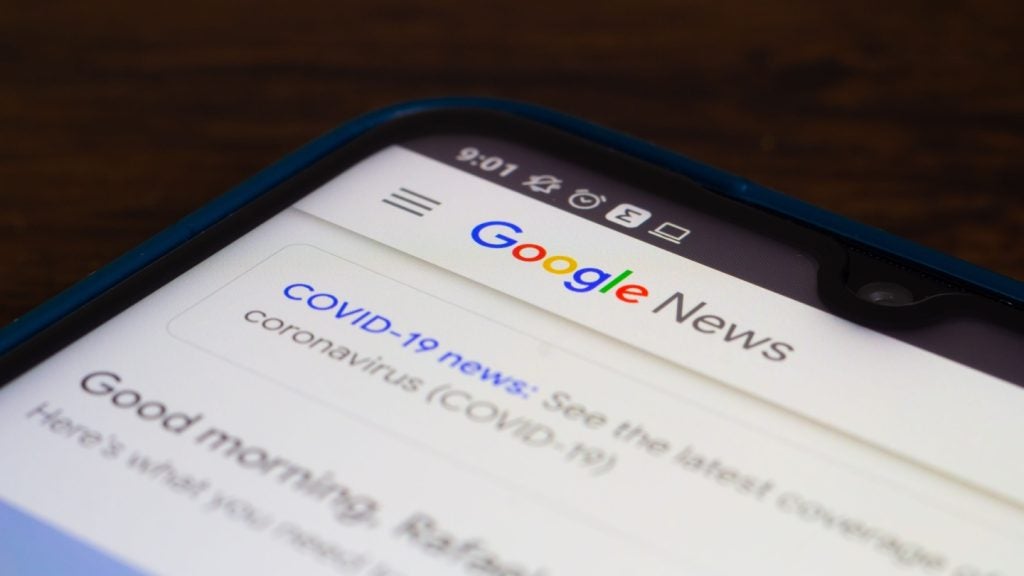
What do Formula One cars, mirrors, smartphones and hearing aids have in common? They probably are used by a number of ex-race car drivers but, even more importantly, they all comprise of natural resources that could run out in the next 100 years.
The Royal Society of Chemistry recently released a study showing that 40 million unused pieces of consumer technology are left languishing in countless drawers all around the UK – although it’s suspected that the number may be significantly higher. The research found that the majority of people have no plans to recycle the old devices they have at home, with almost half (45%) of UK households having between two and five gathering dust somewhere.
It’s a big concern but unfortunately not surprising as, up until now, there haven’t been easy ways for people to put their devices back into the market after use. Consumer tech companies should wake up to the potential of innovating in this space.
So much waste in consumer tech
Let’s take our beloved mobile phones. There are dozens of special elements in a single phone – including indium, which is at our fingertips every day due to its use in touch screens, and which also helps to capture renewable energy from the sun, as it’s a component in solar panels.
Added to the other valuable elements present from other electronics circulating in our e-waste – computers and laptops, for example, containing rare earth metals such as silver, gold and palladium – it’s clear we should be making sure these re-enter the manufacturing system to be reused.
Sadly, nearly all of the wasted electronics globally are not being handled in a sustainable way. According to the UK’s Environmental Audit Committee, a staggering 44.7 million tonnes of ‘e-waste’ were produced globally in 2017, equating to approximately 4,500 Eiffel Towers.
How well do you really know your competitors?
Access the most comprehensive Company Profiles on the market, powered by GlobalData. Save hours of research. Gain competitive edge.

Thank you!
Your download email will arrive shortly
Not ready to buy yet? Download a free sample
We are confident about the unique quality of our Company Profiles. However, we want you to make the most beneficial decision for your business, so we offer a free sample that you can download by submitting the below form
By GlobalDataLeft unchecked, this could more than double to 120 million tonnes by 2050.
Bringing reusability to consumer technology
Holding onto your current consumer technology a bit longer is definitely a great way to help reduce your environmental impact. But if you feel that it is now time to upgrade to the latest model, it should be made easy to ensure that the last one doesn’t go to waste. This is particularly important for millennials and Gen Z, as both consumer segments place a high importance on sustainable corporate practices.
Whether it’s the types of products they choose to use, or the values the companies choose to align themselves with, the research bears this out. A report from FleischmanHillard last year revealed two thirds of US consumers and 80% of UK consumers stopped using products or services because the company’s response to a certain issue didn’t align with their views.
Adding to this, 68% of Gen Z shoppers surveyed for business application provider CGS’s 2019 Retail and Sustainability Survey had made an eco-friendly purchase. They were the largest proportion to do so compared to other segments, but two thirds of the entire population surveyed actively considered sustainability when making a purchase – and were willing to pay more to achieve it.
We expect to see more positive steps in the right direction from smartphone manufacturers soon. The new iPhone released this autumn will be scrutinised for its environmental impact more than any other to date, as industry commentators assess how Apple has built on its commitment to reducing materials, such as tin, and the development of Daisy, a robot that disassembles its products to recover valuable components.
The key to this could lie in empowering people to drive the circular economy, which is good for the environment and good for all. For example, you could build reusability seamlessly into the start of a mobile phone purchase process by giving customers the opportunity to put their old phone back into the market by sending their old phone back.
An old device sitting in a drawer helps neither the consumer, or the planet. If you give people an easy way to recycle that requires little or no effort, they will take it.
Reusability must become a consumer technology norm if we are to achieve ambitious recycling goals and deliver what our consumers want. Let’s fire the starting gun on this as companies, by putting reusability at the core of our business models to make the world a better place.
Read more: 50 million tonnes of e-waste could triple by 2050







